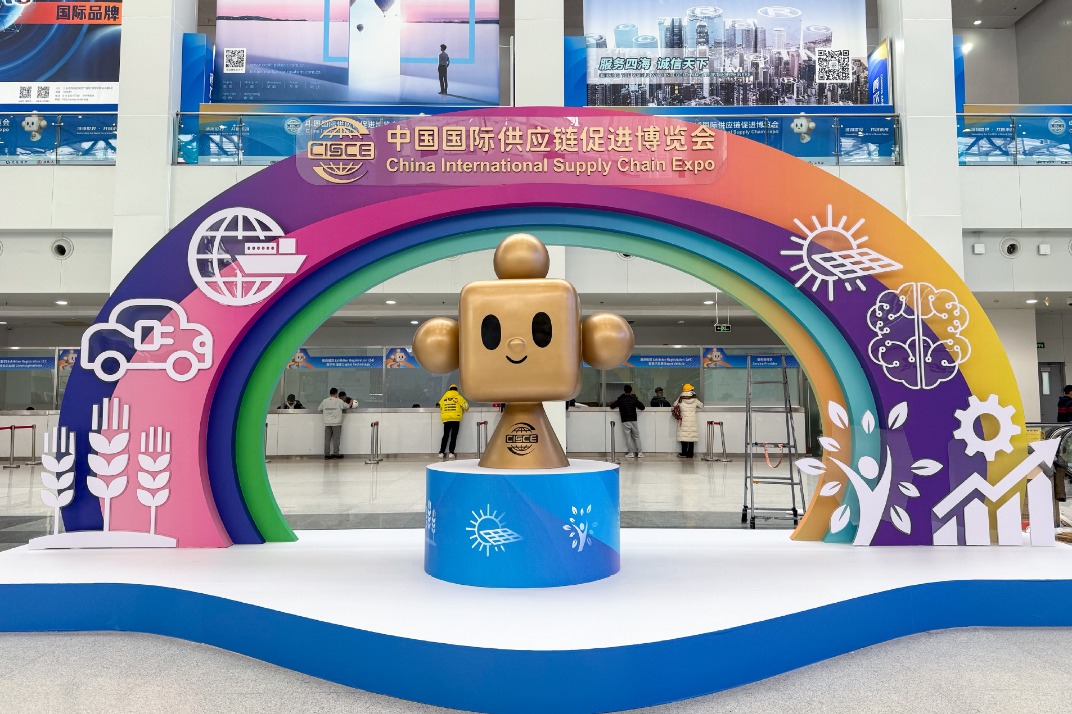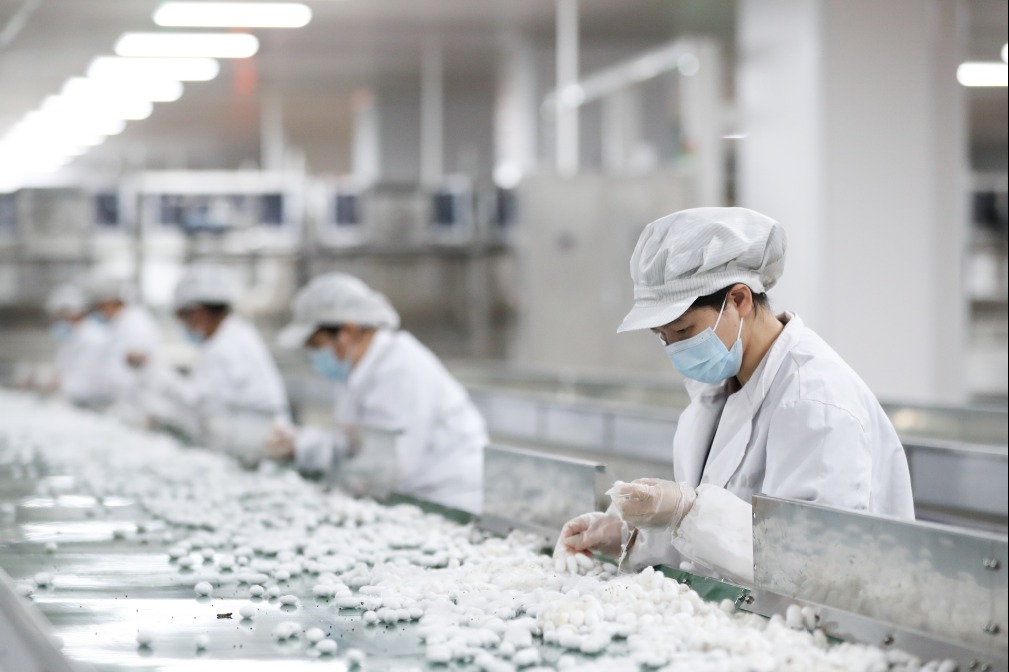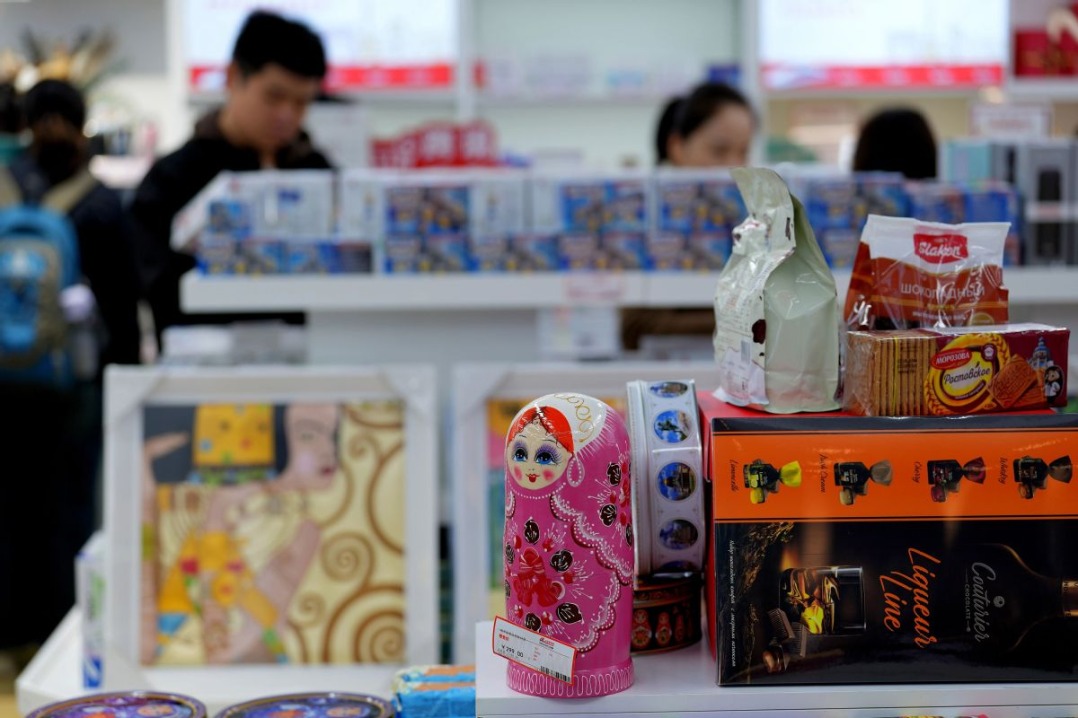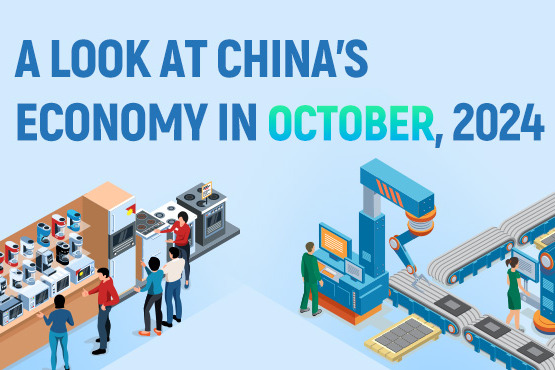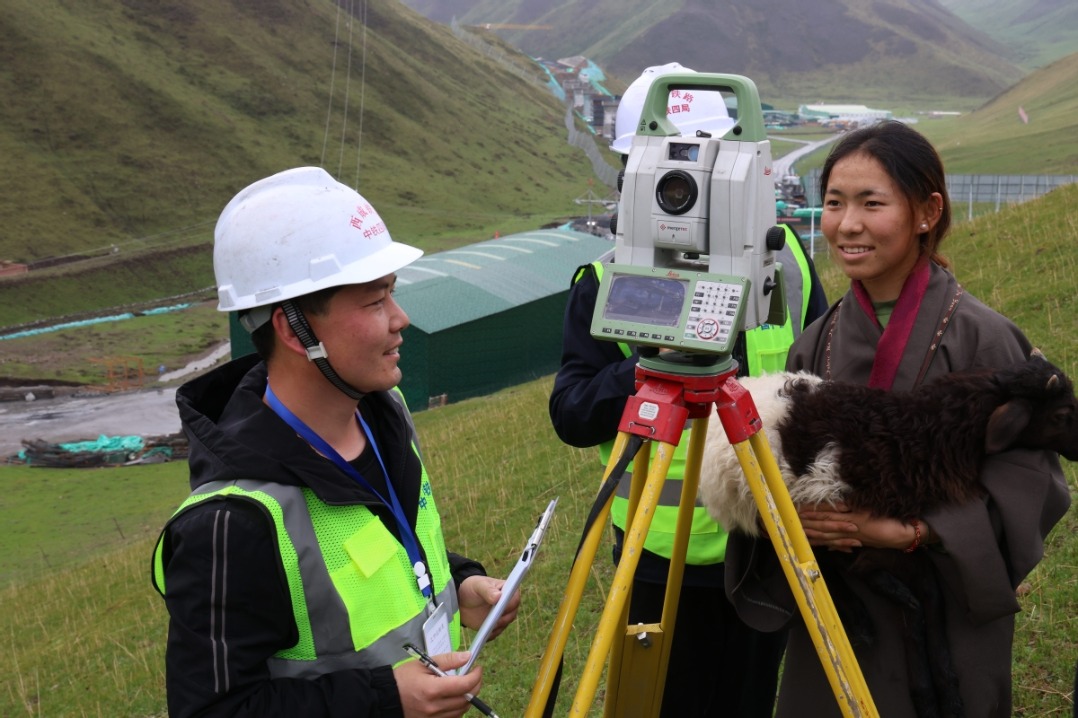Elsevier hails China's efforts in research


Academic publisher says generative AI tools to be at forefront of change
Netherlands-based academic publishing company Elsevier is strengthening efforts to partner with Chinese scientists and engineers in the field of generative artificial intelligence, the latest tech frontier that has taken the world by storm, on the back of China's emergence as a scientific research powerhouse.
Elsevier owns more than 2,800 top academic journals in the world, including Lancet and Cell.
"The quality of the research coming out of China has increased significantly in the last four decades," Kumsal Bayazit, CEO of Elsevier, told China Daily in an exclusive interview. "And if we take the research from the last five years, Chinese research was 10 percent higher in quality than the world average."
Elsevier, which has been in China for 20 years, has offices in Beijing, Shanghai and Guangdong province's Shenzhen.
The company, Bayazit said, has a large team to serve local scientific communities in the country.
"We work with all the leading academic and government institutions, serving over 500 of them in China. Last year, we worked with 700,000 Chinese authors, 150,000 Chinese peer reviewers, and 14,000 Chinese editors. We would like to see all of those numbers grow," she said.
Despite increased rhetoric about tech "decoupling" between China and the United States, Bayazit said global cooperation in science is very critical.
"Now, the US and China are the two largest scientific producers in the world. They both produce approximately 20 percent of the scientific articles. China is the US' No 1 partner in terms of international research collaborations and the US is China's number one partner," Bayazit said.
"If we look at the impact index of the articles that come from China-US collaborations, it is twice as high as the world average, which is not surprising, because if you bring two very powerful countries who are very powerful science communities working together, the findings are very impactful," she added.
Elsevier has established an AI technology center in Shanghai, which will deepen cooperation with universities and enterprises in Shanghai.
"Generative AI will bring two potential benefits that I'm very excited about," Bayazit said.
First, it can play a big role in pushing forward interdisciplinary research.
"If you look at some of the significant global challenges we have, like climate change, food security, and zero hunger, they're really going to be solved by interdisciplinary research," Bayazit said.
"Meanwhile, with generative AI, we can create simple summaries of the scientific findings to the public and to students and to children, and the more the general public learns about science, the faster the progress will be that we can make as a whole world," she said.
The company launched its first alpha generative AI product called Scopus AI in August. It is now in the testing phase with about 10,000 researchers around the globe.
Jerry Liu, head of China internet research at UBS, said a new computing cycle will emerge every 10 or 15 years, and AI-generated content will be the beginning of the next cycle.
"China has more users of generative AI and more data compared to other economies, so I believe there are many opportunities here," Liu said.
Goldman Sachs Research has forecast that breakthroughs in generative AI could drive a 7 percent, or almost $7 trillion, increase in global GDP and lift productivity growth by 1.5 percentage points over a 10-year period.
















